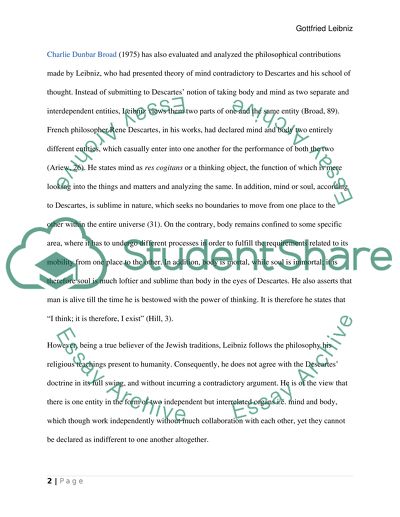Cite this document
(“Gottfried Leibniz-Consciousness and Unconsciousness Research Paper”, n.d.)
Retrieved from https://studentshare.org/philosophy/1442774-gottfried-leibniz-consciousness-and-unconsciousness
Retrieved from https://studentshare.org/philosophy/1442774-gottfried-leibniz-consciousness-and-unconsciousness
(Gottfried Leibniz-Consciousness and Unconsciousness Research Paper)
https://studentshare.org/philosophy/1442774-gottfried-leibniz-consciousness-and-unconsciousness.
https://studentshare.org/philosophy/1442774-gottfried-leibniz-consciousness-and-unconsciousness.
“Gottfried Leibniz-Consciousness and Unconsciousness Research Paper”, n.d. https://studentshare.org/philosophy/1442774-gottfried-leibniz-consciousness-and-unconsciousness.


